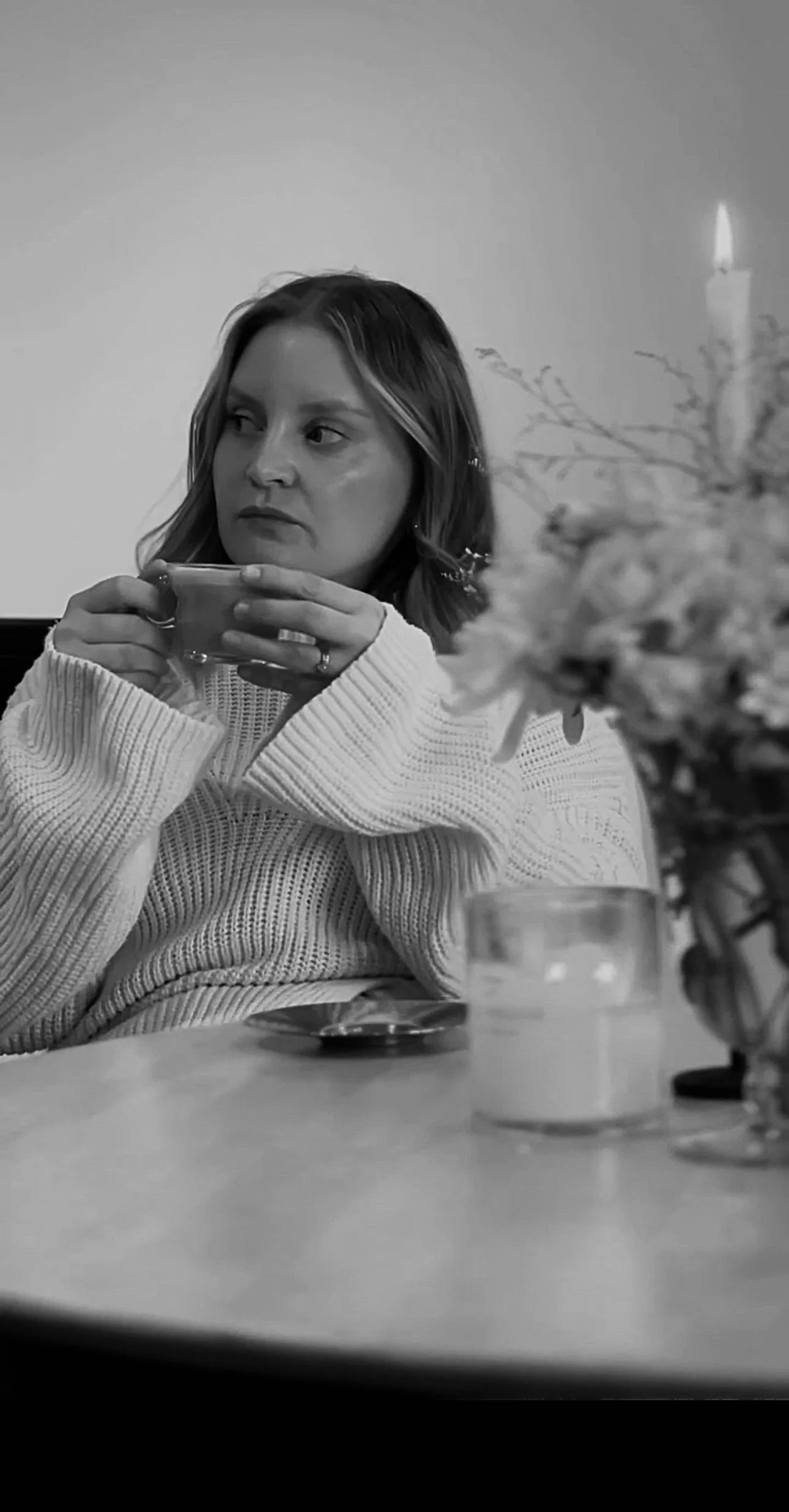Protecting Your Peace - Trendy Or Professional Necessity?
protecting peace - trendy or professional necessity?
In the age of self-development soundbites and glossy wellness routines, there’s one area of growth that is trendy and gets the spotlight currently if you’re on wellness-tok: “protecting your peace”. While I am completely on board, applaud its rise in Tiktok viral posts you find on your For You page, I want to address that boundaries shouldn’t be trendy, they should be necessary, in a professional sense exceptionally. Boundaries communicate emotional intelligence, maturity and sometimes strategy. Setting boundaries is knowing when to speak, when to act, when to opt out entirely and when to acknowledge that your voice is not required.
On social media, the conversation around boundaries and protecting peace is louder than ever. "Cut them off" culture, soft-blocking, mental health resets -they all sound appealing until you realise that real boundaries require more than aesthetics and catchy phrases. In reality they require consistency, follow-through, and sometimes difficult decisions, restraint and brutal self awareness. In fact, overusing the language of boundaries without understanding the substance behind them can become just another performance.
You’ll learn that I’m big on education as a free-time exercise. I hope that the information I find fascinating is what brings you back (alongside my incredible sense of style…). Podcasts are often what I turn to in my morning commute, or gruelling exercise of folding tiny pairs of pants that stay folded for 20 whole seconds.
Steven Bartlett, in his podcast The Diary of a CEO (one of my faves and if you haven’t listened to Steven yet, have you been living under a rock?), often returns to the theme of identity and discipline. In his conversation with neuroscientist Dr. Tara Swart[1], they discuss how setting boundaries and habits builds not just emotional resilience, but neurological resilience as well. Dr. Swart explains that the brain thrives on consistency and safety and that boundaries aren’t only psychological, they’re also physiological.
On another note, the episode that features Johann Hari[2], author of Stolen Focus (why you cant pay attention), discusses how our lack of boundaries with technology and time is degrading our attention spans, making us more reactive and less intentional (hence why I’m here writing blogs…). Hari argues that in a world full of distraction, choosing where to focus and what to block out is radical and wise. “Protecting your peace” and blocking out unnecessary noise, chatter on social media, work emails and technology in your free time isn't indulgent; it's essential to functioning intelligently in an overstimulated environment.
Evy Poumpouras, in her episode of The Diary of a CEO[3] (this particular episode is a podcast I come back to over and over again and 100% recommend), shares a critical distinction: "You don’t need to announce your strength. You demonstrate it in how you manage your presence." Evy is wonderful to listen to, she has incredible experience, presence and she doesn’t speak in platitudes. She talks about self-mastery, resilience and about building a presence that doesn’t need to be validated. This is exactly what’s missing from the glossy narratives we’re being sold: the reality protecting your peace is not giving in to the bids of others and that composure in high-pressure environments is often more effective than confrontation. There isn’t a need to participate in every conflict you’re invited to. Recognising that not every situation requires your opinion or presence is maturity and a lost art in some cases and understanding this is a practical tool thats not about moral high ground but conveys self-respect, efficiency, and energy allocation. A point I would like to touch on with this, is that much of what people interpret as confidence, is rather someone who’s learned to tolerate discomfort without flinching. Knowing when to stay quiet, not from fear or the need to fill uncomfortable silences or please others, but from discernment is powerful and can be both disarming and refreshing.
Poumouras explains how resilience is built silently, through decisions made in private. She frames this as strategic self-regulation and intentionally choosing when to engage, when to withdraw, and when to stand firm. Poumpouras emphasises that dealing with bullies or high-conflict personalities isn’t about matching their volume or aggression; it's about refusing to give them your emotional remote control and being emotionally intelligent and deliberate . The loudest people in the room aren’t necessarily the most confident (or competent); they’re often just the most insecure. I have found from experience but also education that research backs this: insecure leadership behaviours, including aggression and micromanagement, are well-documented symptoms of weak internal frameworks. [4]. When it comes to protecting your peace in a professional environment, these people often unapologetically disrupt these boundaries. Here is where putting boundaries in place is the most important, but for some of us the most difficult. The silver lining is that those uncomfortable, often toxic experiences are the ones that encourage the most personal growth. Personal growth doesn’t always come with a scented candle and a bathrobe. Sometimes it’s in the quiet decisions to walk away, to disengage, and to reclaim you the peace you didnt realise you’d lost.
So yes, protect your peace, it is trendy and go for gold with the Tiktok’s about it - but do it and understand its weight and impact and how evolutionary it can be for you.
REFERENCES:
[1] (T Swart "The Diary of a CEO" with S Bartlett, episode 188, 2022)
[2] (J Hari "The Diary of a CEO" with S Bartlett, episode 136, 2022)
[3] (E Poumpouras "The Diary of a CEO" with S Bartlett, episode 361, 2024)
[4] (J Sutton, "Workplace Bullying: Is it Just Bad Management or Something More?" (2020) 24(1) Aust J of Org Psych 45)

